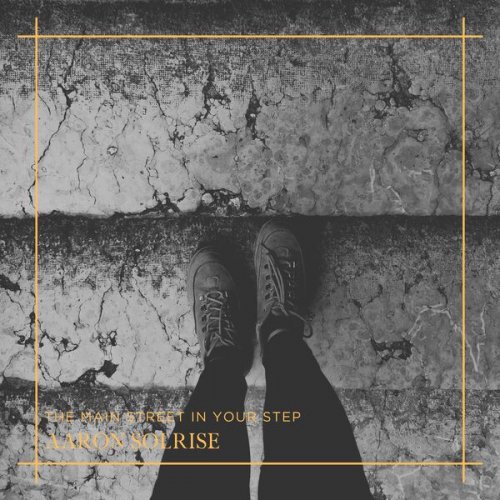Anne Sofie von Otter, Musica Antiqua Köln, Reinhard Goebel - Lamenti: Monteverdi, Vivaldi, Purcell, Bertali, Legrenzi (1998)
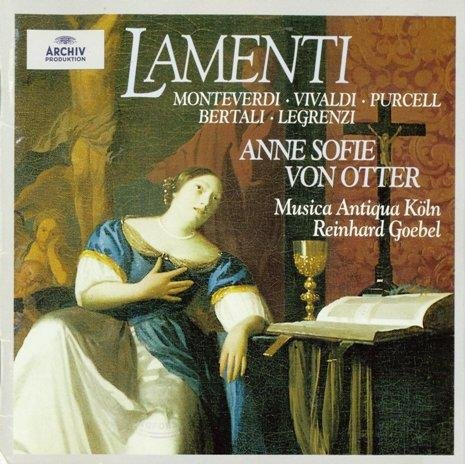
Artist: Anne Sofie von Otter, Musica Antiqua Köln, Reinhard Goebel
Title: Lamenti: Monteverdi, Vivaldi, Purcell, Bertali, Legrenzi
Year Of Release: 1998
Label: Deutsche Grammophon
Genre: Classical
Quality: FLAC (image+.cue,log,scans)
Total Time: 59:41
Total Size: 273 Mb
WebSite: Album Preview
Tracklist: Title: Lamenti: Monteverdi, Vivaldi, Purcell, Bertali, Legrenzi
Year Of Release: 1998
Label: Deutsche Grammophon
Genre: Classical
Quality: FLAC (image+.cue,log,scans)
Total Time: 59:41
Total Size: 273 Mb
WebSite: Album Preview
Claudio Monteverdi (1567-1643)
[1] "Con che soavita"
Antonio Bertali (1605-1669)
[2] "Lamento della regina d'Inghilterra"
Giovanni Legrenzi (1626-1690)
[3] "Il ballo del Gran Duca", op.16: "Corrente Nona"
Antonio Vivaldi (1678-1741)
[4] Cantata "Cessate, omni cessate", RV 684
Claudio Monteverdi
[5] "Lamento d'Arianna"
Henry Purcell (1659-1695)
[6] "Incassum, Lesbia rogas", Z.383
Alessandro Piccinini (1566-c.1638)
[7] Ciaccona
Henry Purcell (1659-1695)
[8] "Oh, solitude!", Z.406
Performers:
Anne Sofie von Otter, mezzo-soprano
Franz-Josef Selig, bass
Jacob Lindberg, theorbe
Musica Antiqua Köln
Reinhard Goebel, direction
The first but misleading impression that you may have while reading the tracklist of Anne Sofie von Otter’s album Lamenti is that the programme is cheerless and even mournful, especially if you consider that all the works collected here have desperation for their subject, and Baroque desperation is one of the human conditions inspiring pity for a while, but able to annoy if it lasts longer.
Technically speaking, the lamento was one of the most successful musical genres of the Baroque period and virtually all the composers of the time wrote one or (preferably) more of these vocal pieces on woeful texts. The most famous of all lamenti is Claudio Monteverdi’s Lamento d’Arianna, which is conveniently included in this recording together with other vocal and instrumental works of the early Baroque, as the equally famous cantata Cessate, omai cessate by Antonio Vivaldi, Con che soavità, written by Monteverdi, together with rarities as Antonio Bertali’s Lamento della Regina d’Inghilterra or Henry Purcell’s Incassum, Lesbia, rogas and O Solitude. Two orchestral “intermezzi”, Il Ballo del Gran Duca by Giovanni Legrenzi and the lovely Ciaccona by Alessandro Piccinini complete the album.
If you think that the Ballo and the Ciaccona have been inserted to relieve the atmosphere of Lamenti, you are still wrong, but you have all the time to rethink this opinion as there are three vocal pieces before reaching the first of them and it is enough to listen to Anne Sofie von Otter to understand why this is not considered a mournful album but one of the finest works released in the last years of the 20th century.
Otter is a first-rate singer with a rich mezzosoprano voice and sensibility to guess and then to propose the different inspiration behind the six arias and cantatas she performs. Moreover, her crystalline timbre suits to perfection to the rarefied, noble character of these works.
The first track of Lamenti, Monteverdi’s Con che soavità, is tinged with a tender, delicate vein that nothing has to do with the gloomy expectations of the beginning and is a refined, contemplative and charming introduction to the world of early music. The next piece, Bertali’s Lamento della Regina d’Inghilterra is definitely sadder, but a fast central part stands out from the “static”, predominant feeling and anticipates Vivaldi’s Cessate, omai cessate, the cantata we find after the Ballo del Gran Duca.
Cessate, omai cessate is maybe the most stunning, the most original piece of Lamenti. Instead of singing with a resigned, depressed mood, Otter shows here her untameable temper and “laments” her abandonment with unrestrained fury (note her strong “r” and the choice of the accents), a psychological condition that is stressed also by conductor Reinhard Goebel, especially when he has to introduce the second part of the cantata.
Monteverdi’s Lamento d’Arianna is very well sung, but less surprising than the Vivaldi cantata, although Otter must be praised for the sense of disillusionment with which she characterizes her heroine, who seems to have lost even the strength to complain.
Purcell’s Incassum, Lesbia, rogas (written on the death of Queen Mary) and O Solitude are somehow apart, not because they are not a right choice for Lamenti, but because in the two works by the English composer Otter shows a warmth that she never revealed before, not even in Con che soavità, and that conquers immediately the listener.
Lamenti is a deceitful title, in a certain sense. If it is the only possible title to describe the kind of works recorded by Anne Sofie von Otter, it nonetheless gives no chance to guess the beauty and originality of the performance of the great Swedish mezzosoprano. There is no other choice than to listen to her to understand it completely.
Technically speaking, the lamento was one of the most successful musical genres of the Baroque period and virtually all the composers of the time wrote one or (preferably) more of these vocal pieces on woeful texts. The most famous of all lamenti is Claudio Monteverdi’s Lamento d’Arianna, which is conveniently included in this recording together with other vocal and instrumental works of the early Baroque, as the equally famous cantata Cessate, omai cessate by Antonio Vivaldi, Con che soavità, written by Monteverdi, together with rarities as Antonio Bertali’s Lamento della Regina d’Inghilterra or Henry Purcell’s Incassum, Lesbia, rogas and O Solitude. Two orchestral “intermezzi”, Il Ballo del Gran Duca by Giovanni Legrenzi and the lovely Ciaccona by Alessandro Piccinini complete the album.
If you think that the Ballo and the Ciaccona have been inserted to relieve the atmosphere of Lamenti, you are still wrong, but you have all the time to rethink this opinion as there are three vocal pieces before reaching the first of them and it is enough to listen to Anne Sofie von Otter to understand why this is not considered a mournful album but one of the finest works released in the last years of the 20th century.
Otter is a first-rate singer with a rich mezzosoprano voice and sensibility to guess and then to propose the different inspiration behind the six arias and cantatas she performs. Moreover, her crystalline timbre suits to perfection to the rarefied, noble character of these works.
The first track of Lamenti, Monteverdi’s Con che soavità, is tinged with a tender, delicate vein that nothing has to do with the gloomy expectations of the beginning and is a refined, contemplative and charming introduction to the world of early music. The next piece, Bertali’s Lamento della Regina d’Inghilterra is definitely sadder, but a fast central part stands out from the “static”, predominant feeling and anticipates Vivaldi’s Cessate, omai cessate, the cantata we find after the Ballo del Gran Duca.
Cessate, omai cessate is maybe the most stunning, the most original piece of Lamenti. Instead of singing with a resigned, depressed mood, Otter shows here her untameable temper and “laments” her abandonment with unrestrained fury (note her strong “r” and the choice of the accents), a psychological condition that is stressed also by conductor Reinhard Goebel, especially when he has to introduce the second part of the cantata.
Monteverdi’s Lamento d’Arianna is very well sung, but less surprising than the Vivaldi cantata, although Otter must be praised for the sense of disillusionment with which she characterizes her heroine, who seems to have lost even the strength to complain.
Purcell’s Incassum, Lesbia, rogas (written on the death of Queen Mary) and O Solitude are somehow apart, not because they are not a right choice for Lamenti, but because in the two works by the English composer Otter shows a warmth that she never revealed before, not even in Con che soavità, and that conquers immediately the listener.
Lamenti is a deceitful title, in a certain sense. If it is the only possible title to describe the kind of works recorded by Anne Sofie von Otter, it nonetheless gives no chance to guess the beauty and originality of the performance of the great Swedish mezzosoprano. There is no other choice than to listen to her to understand it completely.
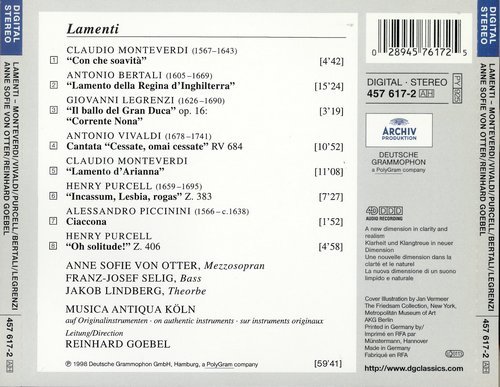
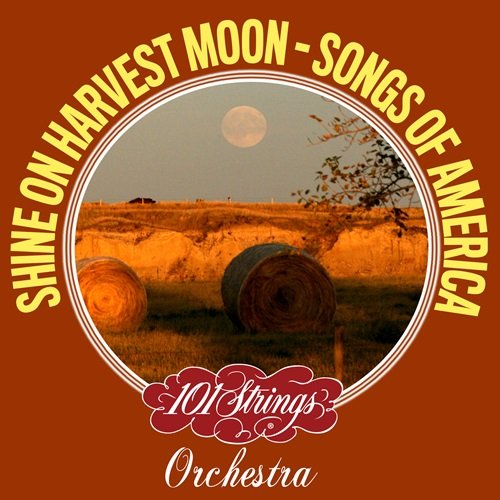

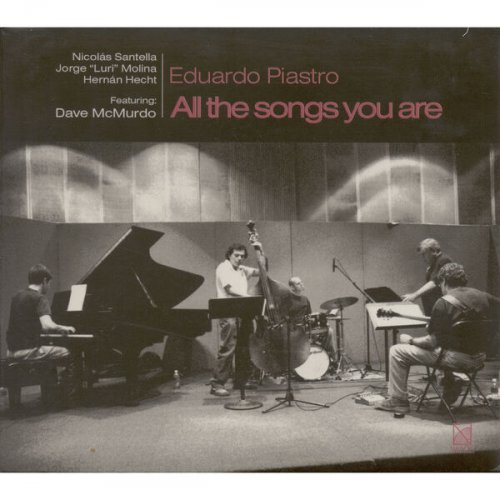

![JJ Whitefield & Forced Meditation - Birth Of Consciousness (2026) [Hi-Res] JJ Whitefield & Forced Meditation - Birth Of Consciousness (2026) [Hi-Res]](https://www.dibpic.com/uploads/posts/2026-01/1769020727_l9wocglubqqub_600.jpg)
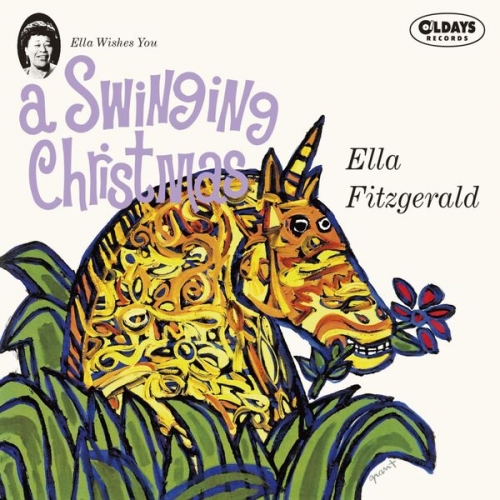
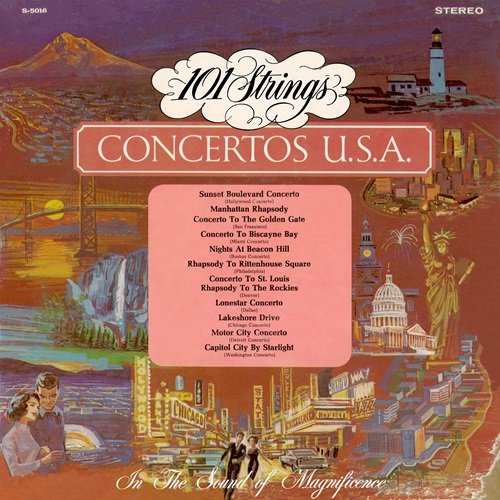
![Colin Hinton - Three Suites (2026) [Hi-Res] Colin Hinton - Three Suites (2026) [Hi-Res]](https://img.israbox.com/img/2026-01/23/1j01ziw4dco9g969ftsu2ln12.jpg)
